New report reveals huge profits and low taxes made from care home real estate
The Centre for International Corporate Tax Accountability and Research (CICTAR) investigates Cofinimmo, a Belgian real estate company massive investments in care homes. The report raises concerns about how the high levels of profits and low levels of tax paid may be impacting the care sector in Belgium and beyond.
Download the full report, including a summary in French and Dutch.
You can read Cofinimmo’s response to the report here.
29th June 2023 - Press Release
A new report released today by CICTAR lays bare the little-known world of care home real estate investment and exposes the huge profits made by dedicated healthcare property companies. These companies buy up care homes and rent them back to their operators. They provide no care services and shift property risk to the operators of care homes. Their profits depend, to a large extent, on subsidies from the public purse and very low tax rates on property income.
The investigation focuses on Cofinimmo, a Belgian real-estate company with a healthcare portfolio valued at €4.5 billion, including 25,600 care-home beds across Europe. Cofinimmo owns care homes which it then rents out to care providers, often private companies, for a profit. The multinational is incredibly profitable: over the five-year period to 2021, Cofinimmo’s operating profit margin on healthcare properties, primarily care homes, was over 80%. However, it paid an effective corporate tax rate averaging only 3.35 per cent between 2017 and 2021, due to Belgium’s special low-tax regime for property investors (Real Estate Investment Trusts).
More tax is usually paid on this profit when it is distributed to shareholders in the form of dividends. CICTAR’s report finds that a small number of big investors can use various legal loopholes to reduce tax on these profits. Though not a large reduction in the overall taxation of Cofinimmo’s dividends, the tax savings are likely to be significant for a small number of overseas investors.
Jan Willem Goudriaan, general secretary of the European Public Service Union, which represents care workers and their trade unions in Europe, said:
“Companies like Cofinimmo own many of the care homes where our members work, often for very low wages, caring for our elderly. Care is subsidised by the state to ensure everyone has access to dignity in old age. In Belgium, around half the income of care-home operators, who are Cofinimmo’s rent-paying clients, comes from social security. Why then is the company making such extraordinarily high profits just from owning care home properties when care systems across Europe are in such dire need of public funding? Governments must stop profit being sucked out of the care system through real estate speculation and instead make sure enough resources are directed to workers’ wages and residents’ quality of life.”
Mike Lewis, researcher with CICTAR and one of the authors of the report, said:
“Our investigation uncovers a system where the private companies providing care are selling their properties to groups like Cofinimmo in order to raise capital or just to give shareholders a pay-out. Cofinimmo and others then rent back these care homes to the care provider under contracts that leave all the costs and risks with the care company, and all the rent with Cofinimmo and similar landlords. Residents now have to pay for the profit margins of two private companies instead of one.
“Following the scandal around French care giant Orpea, one of Cofinimmo’s biggest tenants, governments should be asking whether a model of excessive and uncontrolled property development is really the best way of providing care. Cofinimmo is only one example of a system that prioritises private profit before access to quality care.”
The full report, in English, is available here. The document also contains a summary in Dutch and French.
You can read Cofinimmo’s response to the report here.
About CICTAR
The Centre for International Corporate Accountability and Research, CICTAR, was formed by a group of unions and civil society organisations that believe workers and communities need more and better information about the tax arrangements of multinational corporations. CICTAR provides a centralised resource for information and analysis on the practical effects of corporate tax policy and practices.
About EPSU
The European Federation of Public Service Unions (EPSU) represents 8 million public service workers across Europe, including care workers. We are the strong trade union voice that workers need, whether that’s with employers, the European Parliament, the Commission or national governments.
Sign up for our newsletter
By clicking ‘Sign Up’ you are consenting to be contacted by CICTAR about our work. We will not share your information outside the organisation. You can unsubscribe at any time by emailing us.

